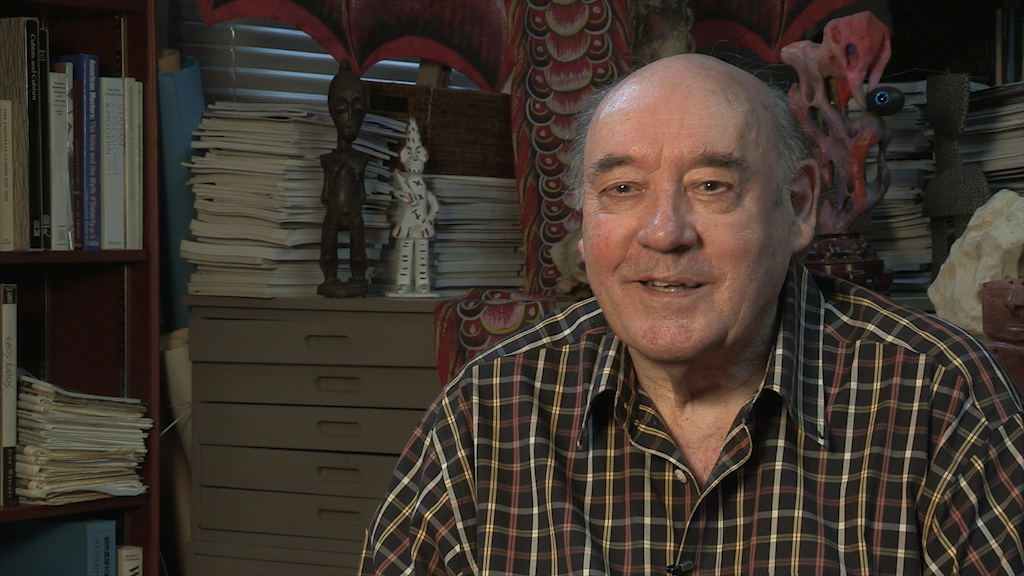When The Human Zoo was published, to my surprise, I had another best-seller on my hands and was able to extend my stay on the island of Malta and do some more painting. And while I was there, I was living for the first time in a culture that wasn't my own. And I started to make observations about the movements and actions and body language of the people. I was fascinated by the subtle differences. I remember seeing a man walking down the street and he shouted out across the road, 'Have the newspapers come in yet?' And then the man with the newspapers did that – tilted his head back. And I thought, that's odd. And so the chap walked on. And to cut a long story short, this was what's known as the Greek 'no'. It originated in Greece and it's a head toss which is the Greek equivalent of us saying 'no'. And there are variants of it. You can... you can, sort of... you can exaggerate it by doing that, meaning 'no'. And you can even just do that and it means 'no'. And I noticed there were subtle differences in things like shrugging. I mean, at home I would shrug like this, but in Malta they had directional shrugging. They would shrug in the direction of the thing they were talking about. So if there was a problem in the dockyards, they'd shrug in that direction, if it was a problem with the government, they'd shrug in that direction.
And it occurred to me that human actions varied a little bit as you went from culture to culture. Everybody smiled and frowned and they'd shake a fist in the same way. There were a lot of basic things we all did in common. But there were also a lot of subtle little differences and I thought: something is missing here. And what was missing was a human ethogram. Niko Tinbergen had trained us to make a complete list of all the actions of a species we were studying. So if we were studying, let's say, a robin in the garden or a fish or a... or a bumblebee or whatever it was, the first job was to make a list of all the actions that that particular species of animals performed and then, once you'd done that, you could then start to analyse it. And it dawned on me, a very obvious thing, that nobody had written a dictionary of human actions. There were lots and lots of dictionaries – dictionaries of words, expressions, of slang, foreign languages – but there was no dictionary of human actions. Indeed, we hardly had names for any of them. There are a few like the shrug or the wink. If I say wink and shrug, you know what I'm talking about; these are named actions. But what's that called? You know, what's that called? You know, well this one's actually now... people are calling that 'steepling'. And there are a few names creeping in. But what's this?
And so we live in a world where our own species hasn't even got a dictionary of its own actions. And this seemed to me such an extraordinary omission that I set up a research office in Malta and took on a very good assistant and together we started making a human ethogram; we started to identify and name every kind of human action. Now, of course, you might say that's impossible because you think of all the things people do with equipment and implements and so on. But we simply lumped that together as equipment action, you know, we... and we put that to one side. What we were looking at was the personal body language.






